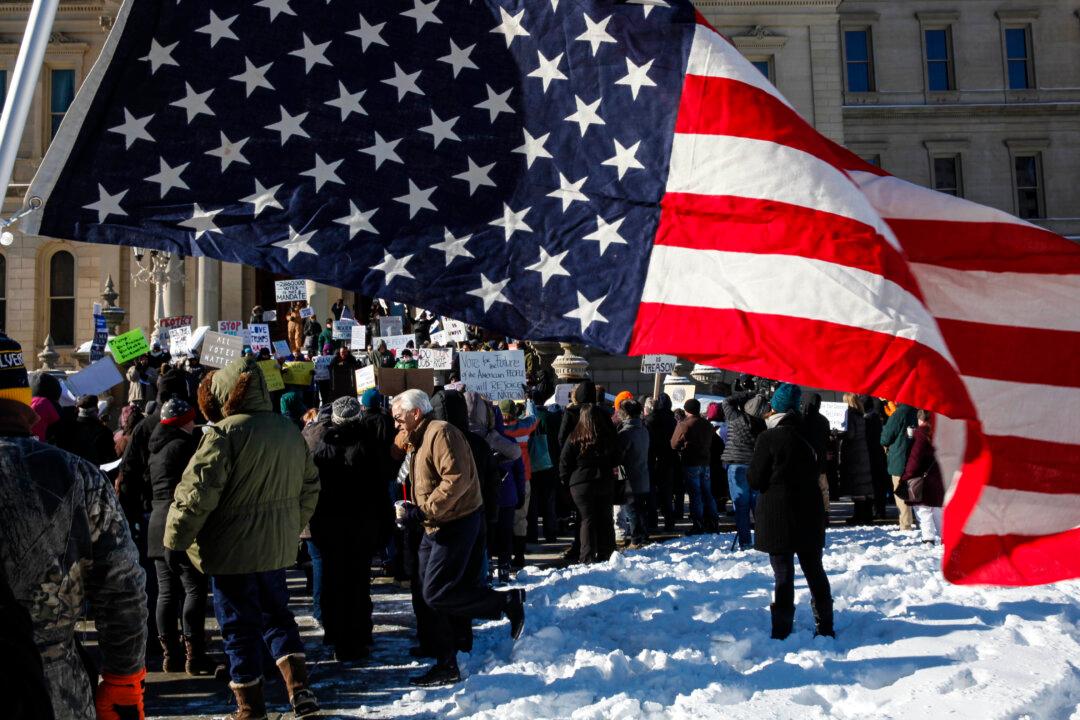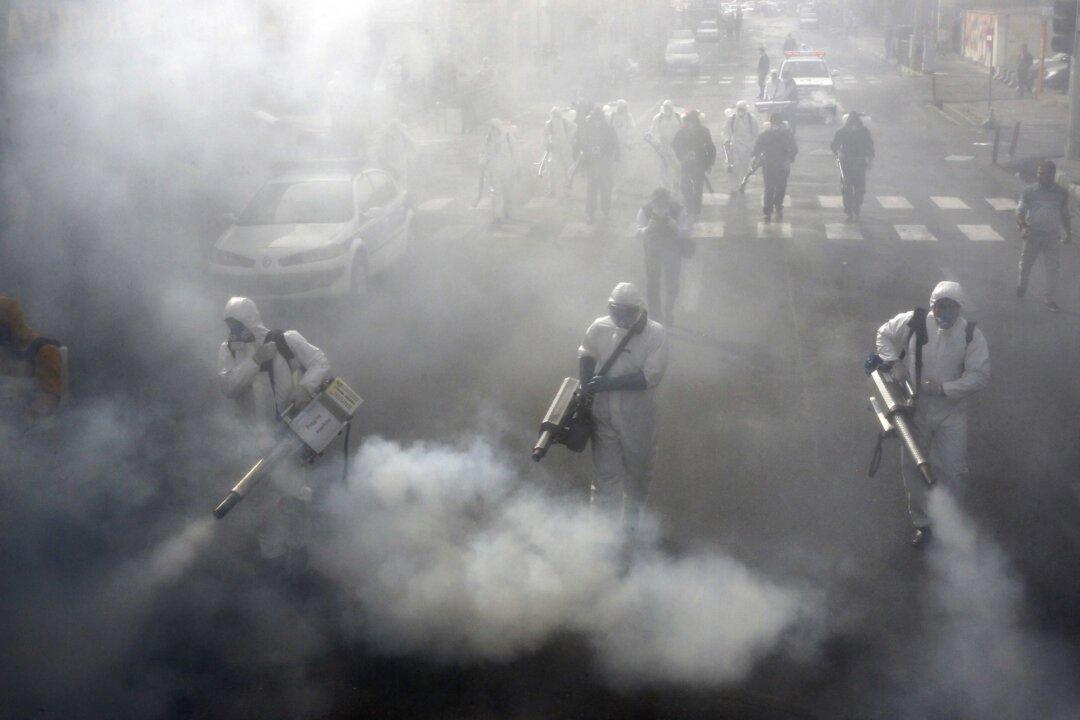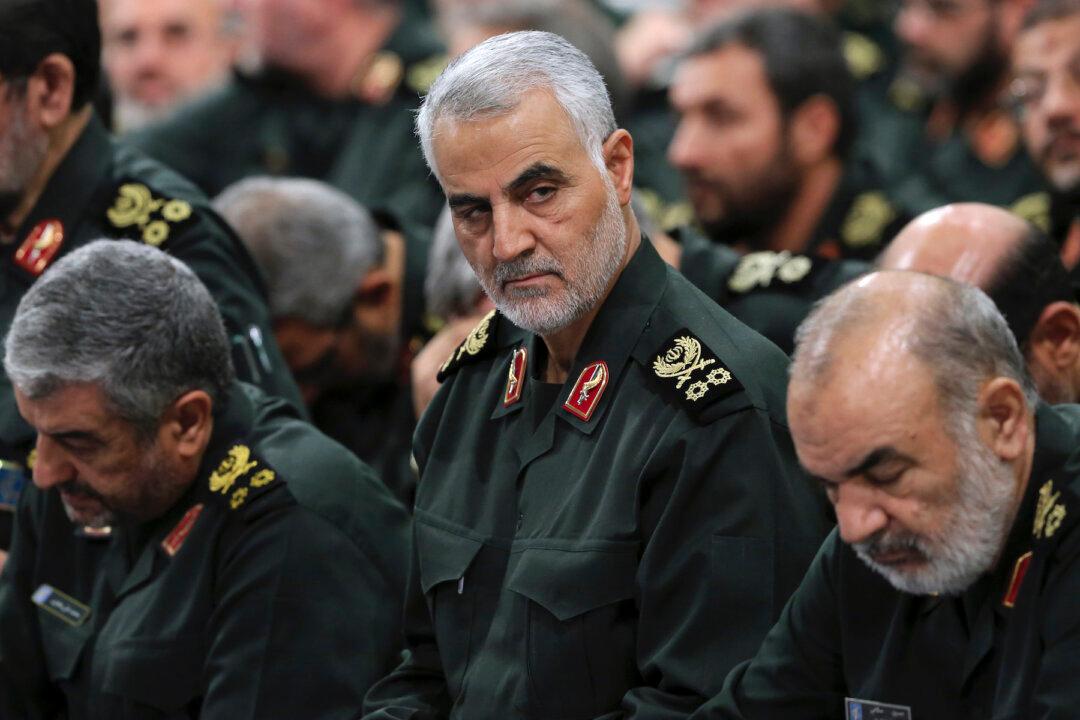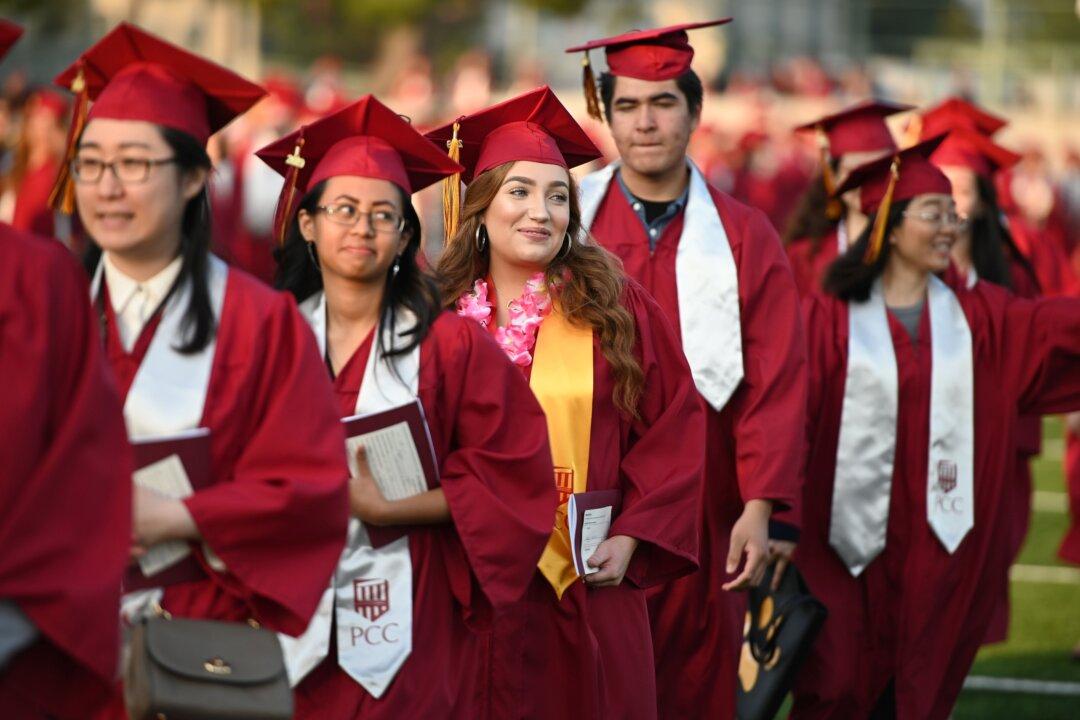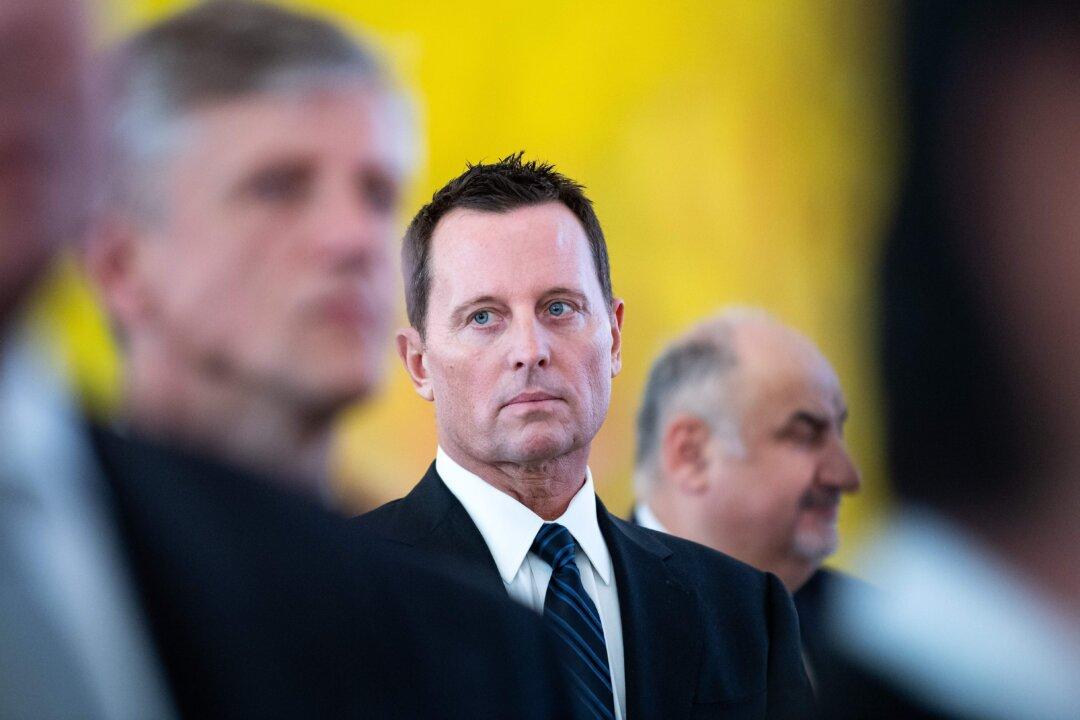Commentary
Voters who fancied Al Gore over George Bush, or Hillary Clinton over Donald Trump, are likely to love faithless electors and attempts to transform the Electoral College into a popular vote mechanism through the National Popular Vote Interstate Compact (NPVIC). If the NPVIC had been in effect, Gore and Hillary Clinton would have become president.
